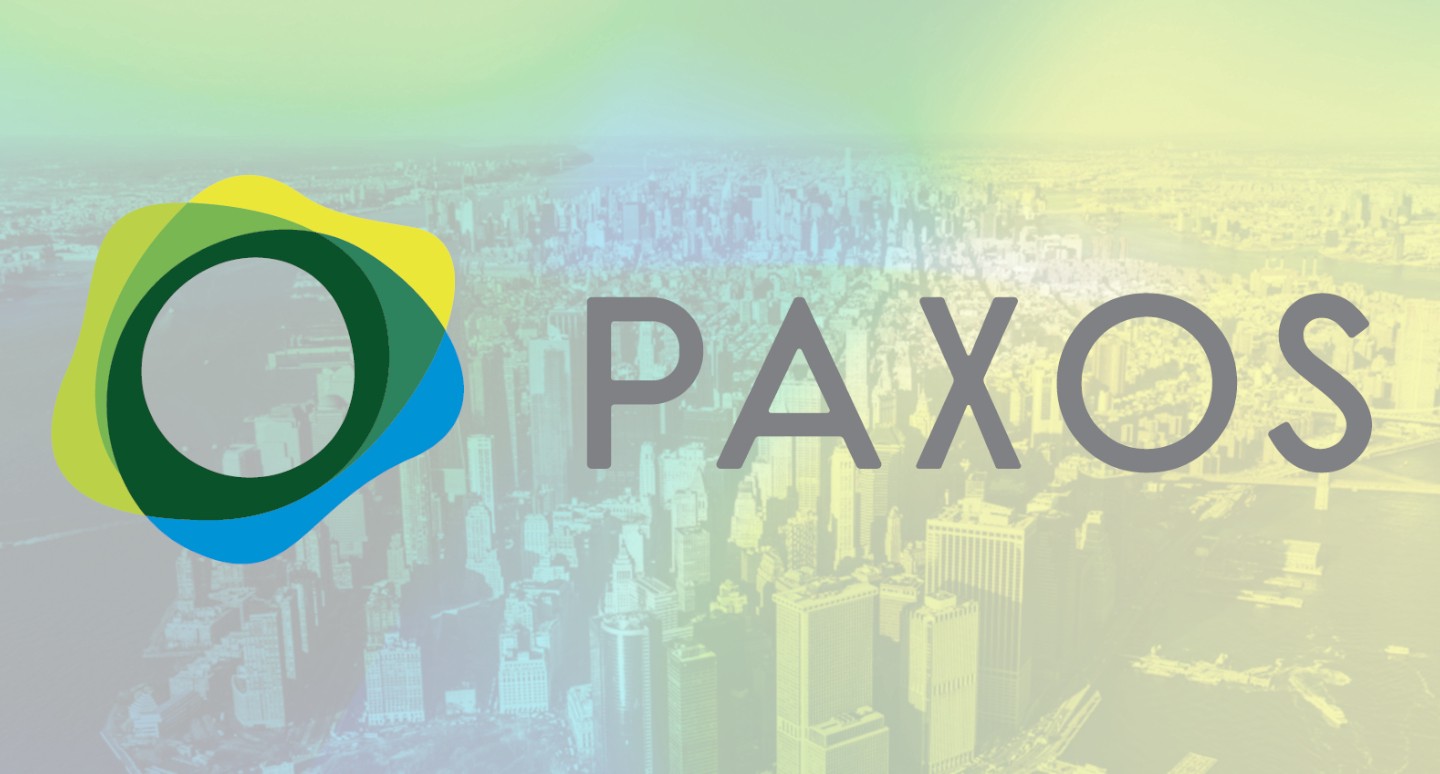Paxos Secures DPT License in Singapore

New York headquartered blockchain infrastructure platform Paxos announced at the Singapore Fintech Festival on Wednesday that the company has received a license from the Monetary Authority of Singapore (MAS) to offer digital payment token (DPT) services.
The company operates its own stablecoin USDP as well as the BUSD stablecoin with Binance. Paxos’ product offerings include a cryptocurrency brokerage service, asset tokenization services, and settlement services. Its clients include PayPal, Interactive Brokers, Mastercard, MercadoLibre, Nubank, PicPay, Bank of America, Credit Suisse and Societe Generale.
Paxos noted in a press release that it is the first US-based blockchain infrastructure platform to secure the license as a Major Payments Institution.
The DPT license means Paxos will be able to offer its digital asset and blockchain products and services, subject to Singapore’s regulatory requirements, to companies domiciled in Singapore. Paxos added that the license will also help the company to support its current partners in expanding their services into Asia.
The announcement follows fellow stablecoin issuer Circle’s in-principle approval for a Major Payments Institution license, allowing it to issue cryptocurrencies and facilitate domestic and cross-border payments in Singapore, also announced on Wednesday.
Related: Stablecoin Issuer Circle Wins MAS License
“We believe blockchain and digital assets will revolutionize finance for everyone around the world, but development of this technology must have clear oversight and consumer protections. We’re excited to have MAS as our regulator. Paxos will safely accelerate consumer adoption of digital assets globally in partnership with the world’s biggest enterprises,” Richmond Teo, co-founder and CEO, Paxos Asia, said in the announcement.
Teo said in an interview with Bloomberg that the company would be making as many as 130 hires in Singapore over the next three years to add to its current headcount of 20.
Related: Is Coinbase’s Singapore Approval a Sign of Things to Come?
